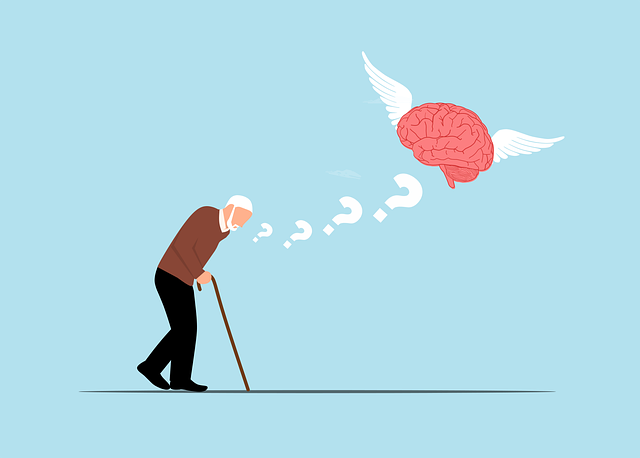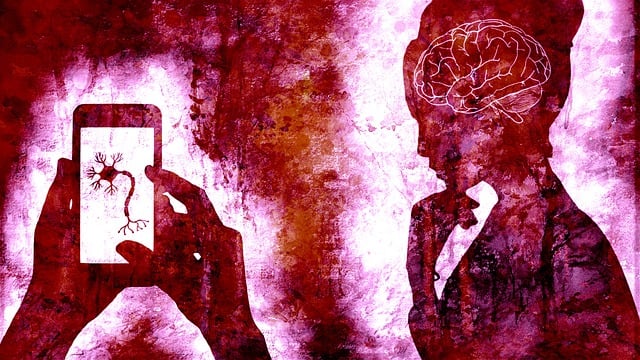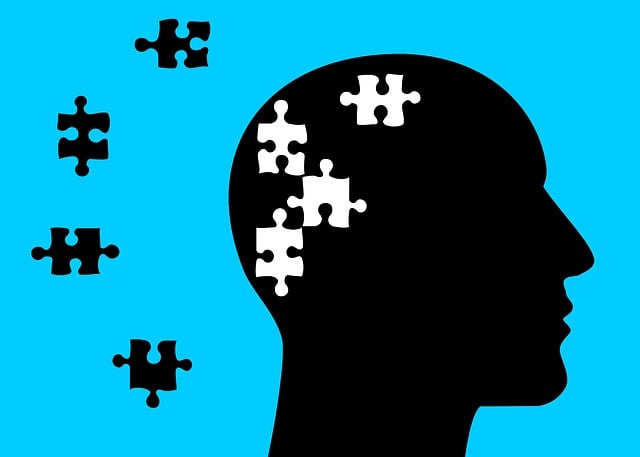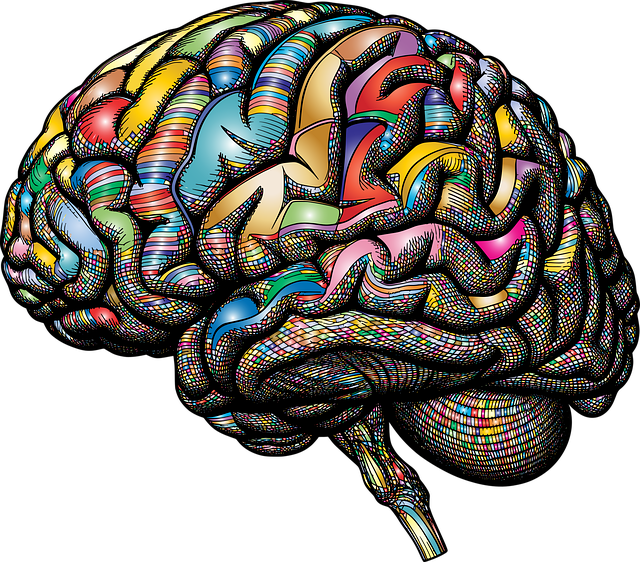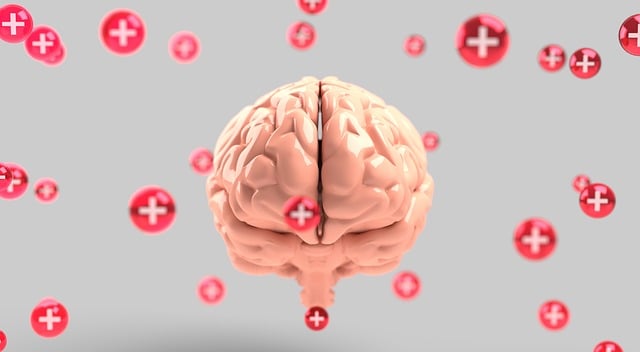Stress in young children arises from various sources, necessitating early intervention through recognizing behavioral shifts or physical symptoms. Professional help via therapy and independent medical evaluations (IMEs) is crucial for assessing and addressing mental health issues. IMEs provide objective data for tailored strategies like cognitive-behavioral therapy (CBT), mindfulness interventions, and play therapy to reduce stress and anxiety in children. These assessments also help identify underlying developmental or learning difficulties, fostering non-judgmental environments for open conversations about mental health.
Stress reduction is a vital topic in child development, especially for young minds navigating their world. This article explores effective methods to alleviate stress among children, delving into the causes and signs of early stress. We provide a comprehensive overview of therapy options tailored for young children, offering guidance to parents and caregivers. Additionally, we discuss the significance of independent medical evaluations in stress reduction strategies, ensuring a holistic approach to supporting children’s mental health. Discover practical steps towards fostering resilience and well-being through these evidence-based practices.
- Understanding Stress in Young Children: Causes and Signs
- Therapy Options for Children: A Comprehensive Look
- The Role of Independent Medical Evaluations in Stress Reduction
Understanding Stress in Young Children: Causes and Signs

Stress in young children can stem from various sources, such as changes in routine, family dynamics, or academic pressures. Recognizing the signs is crucial for early intervention. Children may express stress through physical symptoms like headaches or stomachaches, or behavioral changes such as becoming more irritable, withdrawing, or displaying aggressive behavior.
Seeking professional help through therapy or independent medical evaluations can be beneficial. Mental health professionals employ risk assessment tools to gauge a child’s well-being and design tailored strategies for burnout prevention. By implementing effective stress reduction methods, parents and caregivers can create a supportive environment, fostering resilience in young individuals.
Therapy Options for Children: A Comprehensive Look

Many young children experience stress and anxiety, often stemming from various factors like school pressure, peer relationships, or traumatic events. Thankfully, there are several effective therapy options for children designed to help them manage and overcome these challenges. One crucial approach is independent medical evaluations, which play a vital role in assessing a child’s mental health needs. These comprehensive assessments provide insights into the child’s emotional well-being, identifying specific issues like anxiety disorders or adjustment difficulties.
With this information, healthcare professionals can recommend suitable therapy types, such as cognitive-behavioral therapy (CBT), mindfulness-based interventions, or play therapy. CBT, in particular, has shown promise in stress reduction methods for children by teaching them to identify and change negative thought patterns and behaviors. These therapies cater to the unique needs of young individuals, fostering their independence and resilience while offering anxiety relief and effective stress management strategies tailored specifically to their age group.
The Role of Independent Medical Evaluations in Stress Reduction

Independent Medical Evaluations (IMEs) play a pivotal role in stress reduction strategies, especially for young children facing mental health challenges. These comprehensive assessments provide a clear picture of a child’s emotional and psychological state, helping professionals tailor therapy plans accordingly. IMEs not only diagnose conditions like anxiety or depression but also identify underlying causes, which is crucial for effective treatment. For instance, a therapy for young children suffering from stress-related issues may include cognitive-behavioral therapy (CBT) to manage anxiety relief while addressing any developmental delays or learning difficulties uncovered through IMEs.
Moreover, independent evaluations contribute to mental illness stigma reduction efforts by presenting objective data on a child’s well-being. This professional assessment can foster an environment free from judgment, encouraging open conversations about mental health. By integrating IME findings into therapy sessions, professionals can boost the confidence of young clients and their families, empowering them to seek help without fear of stigmatization. These evaluations are instrumental in ensuring that stress reduction methods are not only targeted but also inclusive and sensitive to individual needs.
Stress reduction is a vital aspect of fostering healthy development in young children. By understanding the causes and signs of stress, parents and caregivers can implement effective therapy options tailored to their needs. A comprehensive approach, including independent medical evaluations, ensures personalized care that addresses both physical and emotional well-being. Through these methods, we can create supportive environments that promote resilience and a positive mental outlook in children.
